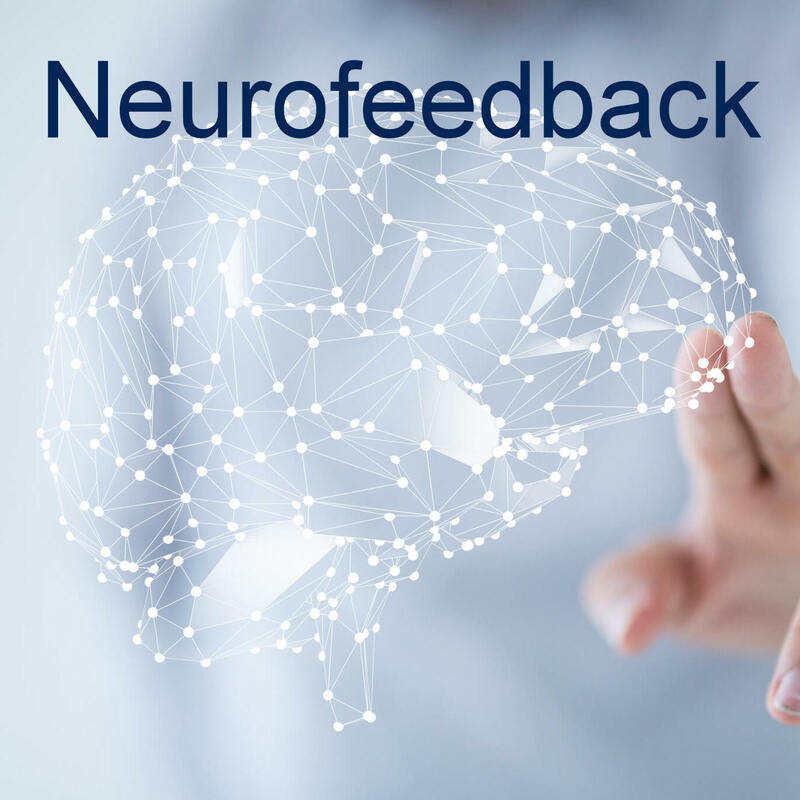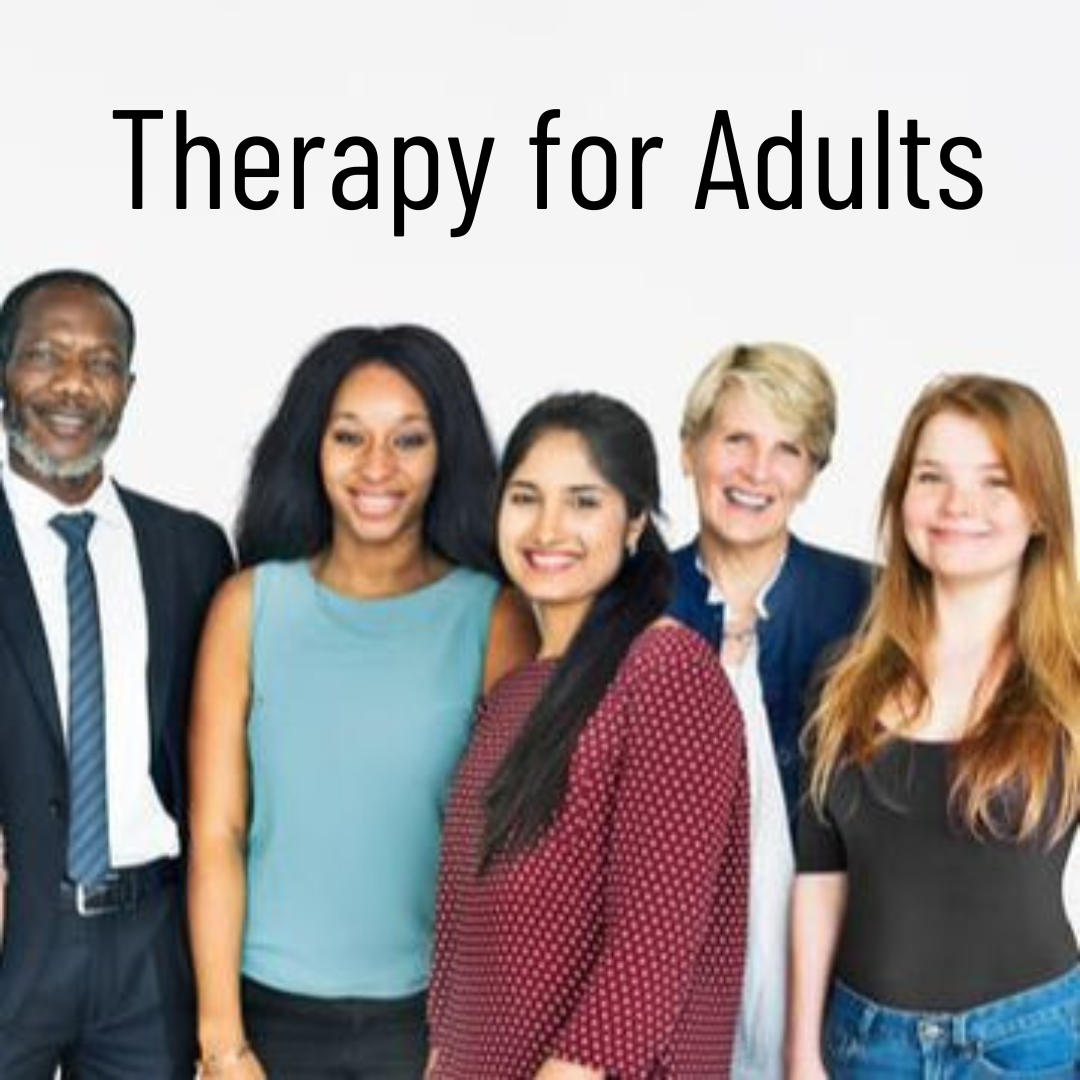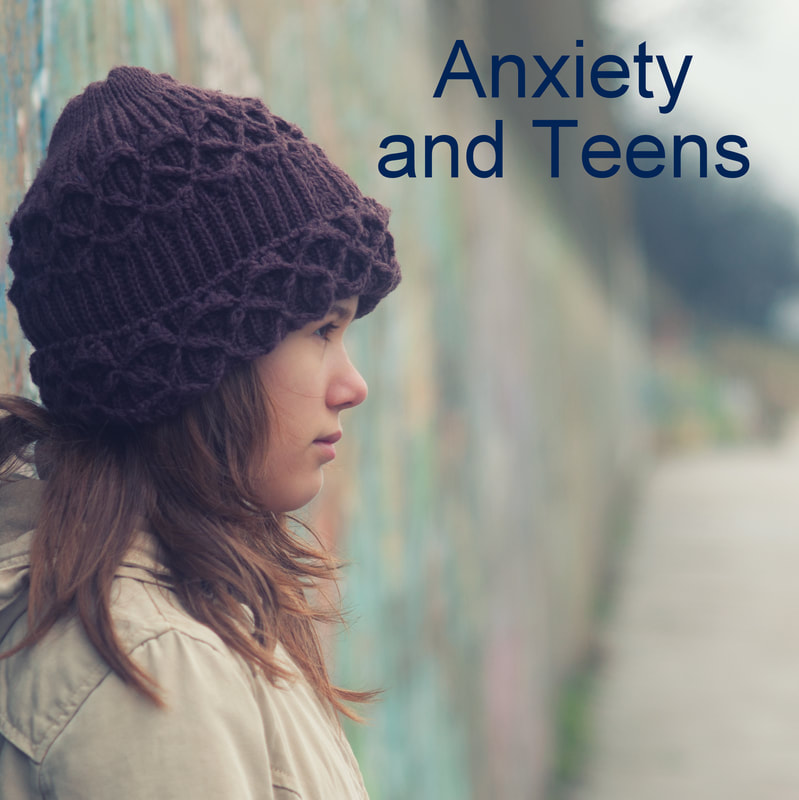Why do we focus on treatment specifically for women?
Many mental health concerns affect all genders. The focus of women's treatment is the way in which women may experience these concerns differently. Although we realize that every person is unique, research indicates that the biological differences between men and women, as well as societal and cultural expectations, may shape and impact the way that women move through crises, engage with others, heal, and find happiness.* Therapists who specialize in working with women take into consideration the unique experiences of women and focus on insight, empowerment, support, and empathy as well as education, awareness, and change.
|
Many challenges are not gender-specific, however women may experience them differently from men. Some of these include:
Depression Anxiety Relationship concerns Divorce Dating Parenting in a couple Single Parenting Stay at home parenting Creating a work-life balance Self-esteem Empty nest Career stress Sexual preference or identity Caring for elderly parents Trauma Sexual or Domestic Abuse |
Other challenges are quite gender specific, including:
Infertility Miscarriage Pregnancy Pre-menstrual dysphoric disorder Pre-mentrual syndrome Post-partum depression Women's health issues Gender-based discrimination Hormonal changes Menopause |
Some aspects of women's mental health treatment such as eating disorders, self-harm, borderline personality disorder, and substance abuse require specialized treatment that is not provided at Wavelengths. If you are seeking help with any of these areas and are having trouble finding a therapist, please feel free to call us and we will do our best to help you out with an appropriate referral.
Treatment
Psychodynamic (insight oriented) therapy
This is a form of psychotherapy, which is essentially talk-therapy or counseling. The goal of talk therapy is allowing women to express their concerns, gain insight into any underlying issues, and to provide tools and strategies for dealing with painful experiences and creating change.
Behavioral Therapy
While there are several different types of behavioral therapy, cognitive-behavior therapy (CBT) is one of the most commonly used (and effective) forms of therapy. CBT is helpful in identifying unhelpful thought patterns and changing behaviors to ones that are more effective, positive, and realistic.
Medication
Depending on the particular issue and the circumstances, you may be interested in exploring a referral for psychiatric medication. There are many different classes of psychiatric medications such as anti-anxiety agents, antidepressants, mood stabilizers, and anti-psychotics. Of course, it is vital to work with a doctor or psychiatrist to find the medication (and dosage) that is the best fit.
Alternative Therapies
There are many alternative types of therapy that can be helpful for a wide range of issues, or as an excellent addition to more traditional treatment. The approaches we have available include include neurofeedback, mindfulness, coherence apps, and creative/art therapy. Many women enhance their mental health treatment by including other practices, such as exercise, yoga, nutrition, meditation, acupuncture, or massage.
This is a form of psychotherapy, which is essentially talk-therapy or counseling. The goal of talk therapy is allowing women to express their concerns, gain insight into any underlying issues, and to provide tools and strategies for dealing with painful experiences and creating change.
Behavioral Therapy
While there are several different types of behavioral therapy, cognitive-behavior therapy (CBT) is one of the most commonly used (and effective) forms of therapy. CBT is helpful in identifying unhelpful thought patterns and changing behaviors to ones that are more effective, positive, and realistic.
Medication
Depending on the particular issue and the circumstances, you may be interested in exploring a referral for psychiatric medication. There are many different classes of psychiatric medications such as anti-anxiety agents, antidepressants, mood stabilizers, and anti-psychotics. Of course, it is vital to work with a doctor or psychiatrist to find the medication (and dosage) that is the best fit.
Alternative Therapies
There are many alternative types of therapy that can be helpful for a wide range of issues, or as an excellent addition to more traditional treatment. The approaches we have available include include neurofeedback, mindfulness, coherence apps, and creative/art therapy. Many women enhance their mental health treatment by including other practices, such as exercise, yoga, nutrition, meditation, acupuncture, or massage.
Ready to get started? Call, email us, or make an appointment online.
Use Our Intelligent, Real-Time Scheduling System To Search Our Availability and Request An Appointment.



















